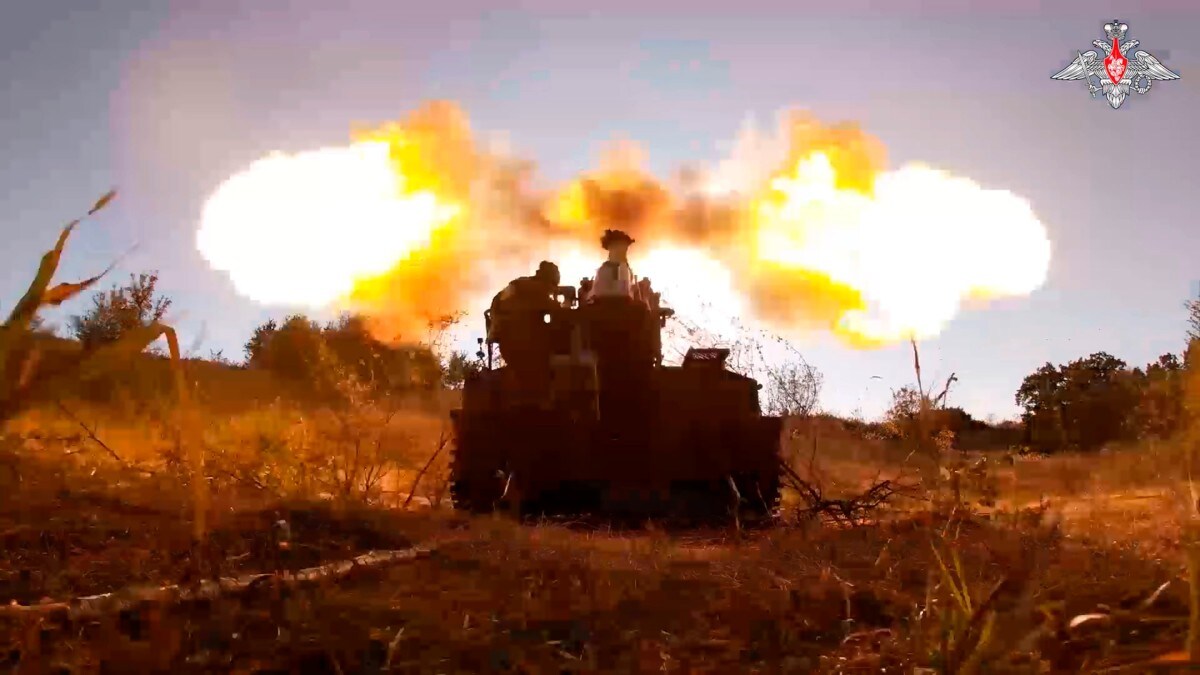
The decommissioning of a number of Navy vessels marks a "black day" for the Marines, Conservative MP Sir Julian Lewis has said - suggesting the move could leave the Falkland Islands vulnerable to a possible future invasion more than 40 years after the 1992 war. Defence Secretary John Healey - who is prepared to be questioned by the Defence Committee this morning - announced yesterday that two former Royal Navy flagships, a frigate and two support tankers, will be decommissioned as part of cost-saving measures. The savings, estimated at £500million, which Mr Healey blamed on the "dire inheritance" left by the Tories , will see assault ships HMS Albion and HMS Bulwark officially decommissioned.
In the Commons, Sir Julian said the announcement marks "a black day for the Royal Marines". The former defence committee chairman said: "Does Mr Healey accept that the purpose of HMS Albion and HMS Bulwark, which were due to remain in service for nine and 10 more years, respectively, is to be able to have the capability of making a landing across a foreshore when it is opposed by enemy forces." He added: "Does he agree with me that we have no way of knowing whether the absence of that capability for the next decade won't be an incentive to somebody to try something like the Falklands in the future?" Mr Healey replied: "Far from being a black day, as he says, this signals a bright future which will be reinforced by the SDR for the Marines and their elite force.
"On HMS Albion and HMS Bulwark, he is right. Both ships were not due to go out of service for nine and 10 years respectively, but neither, given the state they're in, the decisions taken previously by the last government, were set to sail again. "In other words, they'd, in practice, been taken out of service, but ministers had not been willing to admit this.
" The Defence Secretary said that amphibious capability would be provided by other remaining ships, and the £9 million a year that would be saved would be focused on the development of support ships that promise "greater capability" and "a broader range of ability for the future". Former Conservative leader Sir Iain Duncan Smith described the geopolitical landscape as "very unstable" and "dangerous", claiming the world is now "more dangerous than any time I can recall." He welcomed the Government's establishment of the strategic defence review.
Still, he said waiting for it to be completed would "strengthen the MoD's arm in future discussions, negotiations and battles with the Treasury". He said: "When you feed to the Treasury little bits and pieces ahead of that review, they will come back for more. "I simply ask this question, Bulwark and Albion still had life in them and could have been resurrected.
Mothballing is what the Americans use all the time. "Could I please suggest to Mr Healey he rethinks this process and says to the Treasury - 'back off now, when the review is there we can have a proper discussion'. Mr Healey said the savings from the decommissioning decisions "will be retained in full in defence, it will not go to the Treasury".
He continued: "(Sir Iain) links finances to the strategic defence review, and the Prime Minister has always been clear since the Nato Summit in Washington in July, it is strategic defence review first, pathway to 2.5% second, and the Chief Secretary to the Treasury recently confirmed that we should expect that in the spring." The cuts will also affect helicopters, with the 14 oldest Chinook transport aircraft removed early from service and the Puma's lifespan not being extended beyond March 2025.
Liberal Democrats defence spokesman Richard Foord praised Mr Healey's emphasis "on defence people" as he welcomed the pay rise and retention payment for personnel but said the decommissioning decisions left "alarming gaps" in capability. He said: "The new medium helicopter contract is not due to be awarded till next year. I question when that will be introduced, perhaps not until the beginning of the next decade for the new medium helicopter.
"The multi-role support ships not due to come into service until 2033, and I'm alarmed at what that might do for the ability of the Royal Marines to operate in the littoral." On Chinook, Mr Healey said: "This acceleration of their retirement will apply to the 14 oldest helicopters in the fleet of more than 50, some of those are more than 35 years old, and it means that these oldest 14 will be retired at the point where they are due to enter a costly maintenance package, that will not happen. "It means that we can speed up the transition to the new much more capable Chinooks that will arrive, and it also means that we can save money for defence that we can redeploy to other purposes.
" Defence Select Committee chairman Tanmanjeet Singh Dhesi welcomed the idea that "old platforms are being retired and we're transitioning to newer equipment" but also questioned why the decision had been made before the publication of the strategic defence review. Mr Healey replied: "These are decisions I have taken now, as I said in my statement, that both help us to get a grip of the MoD budget now and to create greater scope to better implement the strategic defence review when it reports." Ageing Type 23 frigate HMS Northumberland is beyond economical repair and will be decommissioned with two Wave class tankers.
The Army's Watchkeeper drones, which cost around £5 million each and have been in service for a decade but have been beset by problems and are effectively obsolete, will be grounded. The cuts will also affect helicopters, with the 14 oldest Chinook transport aircraft removed early from service and the Puma's lifespan not being extended beyond March 2025. In a statement to the House, Mr Healey acknowledged the cuts came at a time of "war in Europe, growing Russian aggression, conflict in the Middle East and technology changing the nature of warfare" but said that showed the need for "increased resilience and readiness for the future”.
He warned that further cuts could be required. Still, he insisted he had the support of armed forces chiefs for the decisions he had made, adding: "These decisions are set to save the MoD £150 million over the next two years and up to £500 million over five years, savings that will be retained in full in defence." Mr Healey said he was dealing with a "dire inheritance, the state of the finances and the state of the forces often hidden to Parliament, billion-pound black holes in defence plans, taxpayers' funds being wasted, military morale down to record lows".
.














